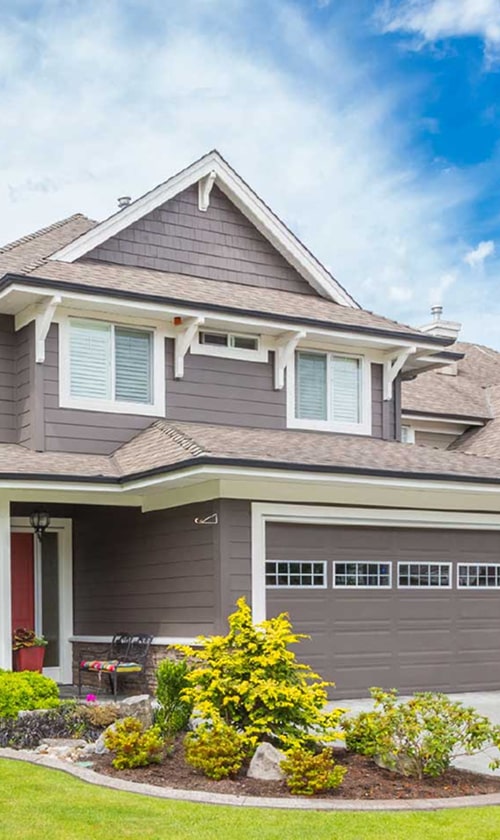Essential Benefits of Ductless Heating Systems

Ductless heating systems provide numerous advantages such as straightforward installation, improved energy efficiency, and precise indoor temperature control. These benefits make them suitable for a variety of home layouts and individual needs.
Ease of Installation and Flexibility
Ductless heating systems are simpler to install compared to traditional setups. They do not require extensive ductwork, which can be costly and time-consuming. Mini split systems consist of an outdoor unit and one or more indoor units, connected by a small conduit. This reduces the need for large-scale construction.
The installation process generally takes only a few hours. This easy installation can result in less disruption to the household. Additionally, ductless systems offer great flexibility. They can be installed in a variety of spaces, including new constructions, older homes, apartments, and even as additions to existing HVAC systems.
Enhanced Energy Efficiency
One of the most significant benefits of ductless systems is their energy efficiency. Traditional HVAC systems can lose a substantial amount of energy through ductwork leaks. Ductless heating and cooling systems eliminate this issue, resulting in lower energy costs.
Mini split systems also use inverter technology. This technology allows the system to adjust the speed of the compressor motor to maintain the desired temperature without frequently turning on and off. This smoother operation uses less energy and provides more consistent indoor temperatures.
Optimal Indoor Comfort Control
Ductless systems offer precise temperature control. Each indoor unit operates independently, allowing different rooms, also known as multi-zone or climate zones, to be set to different temperatures based on individual preferences. This makes it easy to create a comfortable environment in various parts of the home.
These systems come with remote controls and often have smart home integration, providing users with convenient ways to adjust settings. The absence of ducts also means reduced dust and allergens circulated in the air, contributing to better indoor air quality and overall comfort.
Ductless heating systems are thus a practical choice for those seeking efficient, flexible, and easy-to-install solutions for home heating needs.
Improvements in Air Quality and Health

Ductless heating systems offer several benefits that contribute to better indoor air quality and improved health. They effectively reduce dust, allergens, and bacteria and feature superior filtration systems.
Reduction of Dust, Allergens, and Bacteria
Ductless heating systems minimize the spread of dust and allergens because they do not rely on ductwork, which can accumulate and distribute these particles throughout the home. By using indoor and outdoor units, they provide a more controlled environment, leading to cleaner air.
These systems are less likely to harbor bacteria that can thrive in traditional ductwork. Fewer surfaces are exposed to potential contaminants, reducing the occurrence of mold and mildew. Health issues like allergies and respiratory problems can be alleviated with cleaner air, making homes healthier places to live.
Superior Filtration Systems
Ductless heating systems come equipped with advanced filtration options. The filters used in the indoor units are designed to trap more than just large particles. They can capture finer particles such as pollen and dust mites, which are common allergens.
Types of filters used in these systems include:
- HEPA Filters: High-Efficiency Particulate Air filters that capture tiny particles.
- Activated Carbon Filters: Help in removing odors and chemical contaminants.
- Electrostatic Filters: Use static charge to attract and capture small particles.
The combination of these filters results in improved indoor air quality, which is crucial for anyone with asthma or allergies. Regular maintenance and cleaning of these filters ensure they function efficiently, providing a consistent supply of clean air.
Economic and Environmental Advantages
Ductless heating systems offer significant financial benefits and help reduce environmental impact. Their efficient design and operation make them a smart choice for those looking to save money and reduce their carbon footprint.
Cost Savings and Rebates
Ductless HVAC systems are cost-effective in several ways. They typically use less energy compared to traditional air conditioning systems. This leads to lower energy bills and utility costs.
Owners of ductless heat pumps often receive rebates and tax credits. These incentives can lessen the initial investment. Many utility companies support these systems by providing utility rebates.
Maintenance is also simpler and less expensive. Ducts need regular cleaning and repairs, but ductless systems avoid these costs. Higher efficiency ratings like SEER (Seasonal Energy Efficiency Ratio) and EER (Energy Efficiency Ratio) contribute further to cost savings.
Reduced Environmental Impact
Ductless systems use refrigerants like r410a, which have a lower potential to damage the ozone layer. This minimizes the system’s environmental footprint.
They also reduce carbon output. The energy efficiency of ductless heat pumps means they need less power, thus emitting fewer greenhouse gases.
Additionally, their targeted approach to heating and cooling rooms means less energy is wasted. This reduced wasteability helps ensure a lower carbon footprint and promotes a more environmentally friendly household. By cutting down on energy use, ductless systems help conserve natural resources.




